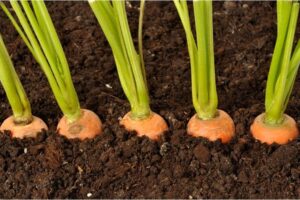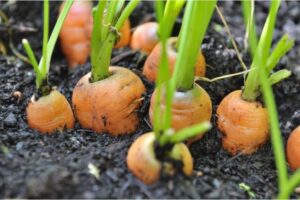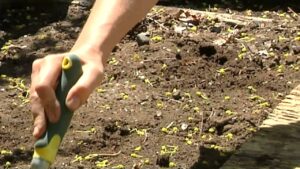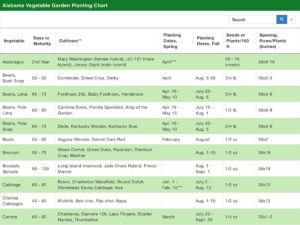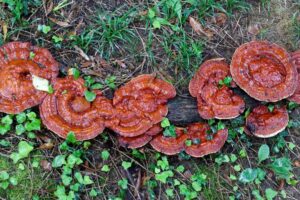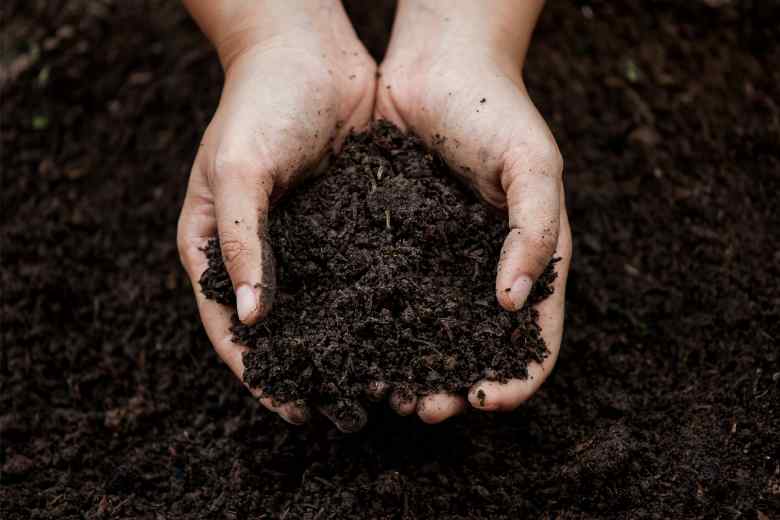
Mushroom compost is a great resource for gardeners as it provides much needed moisture and nutrients to the soil. However, not all plants respond well to mushroom compost. Some plants, particularly those from the Mediterranean and arid regions, may be sensitive to the high nitrogen levels in mushroom compost and may be prone to damage from the fungi in the compost.
Knowing which plants are sensitive to mushroom compost can help gardeners avoid any potential problems.
What is Mushroom Compost?
Mushroom compost is a type of organic soil amendment that is created through the decomposition of mushroom growing substrates.
This compost is rich in nutrients, such as nitrogen, phosphorus, and potassium, which are essential for plant growth and development. Additionally, mushroom compost is known for its ability to improve soil structure, aeration, and water-holding capacity, making it an excellent conditioner for gardens and landscaping.
It also contains beneficial fungi and bacteria that help plants to fight off diseases and pests. In short, mushroom compost is a great addition to any garden, and can provide plants with the nutrients they need to thrive.
Benefits of Mushroom Compost
Mushroom compost is an effective and efficient soil amendment that can improve the health of your garden soil. It is a great source of organic matter, providing the necessary nutrients for strong plant growth.
It helps to improve soil structure, increase water holding capacity, and reduce soil compaction. Additionally, mushroom compost can help to control weeds and suppress diseases, making your garden more resilient.
Beyond its benefits for soil health, mushroom compost can also help to reduce the amount of fertilizer and water needed for optimal growth.
This makes it a great choice for those looking for an environmentally friendly way to nourish their garden. With its range of benefits, mushroom compost is a valuable addition to any garden.
Potential Disadvantages of Mushroom Compost
Mushroom compost is a popular soil amendment among gardeners, as it is rich in essential nutrients and can be beneficial for soil health.
However, there are potential drawbacks to using mushroom compost in the garden. While mushroom compost can be beneficial in terms of providing nutrients, it can also be too high in nitrogen, leading to nutrient lockout and stunted plant growth.
Additionally, mushroom compost usually contains high levels of salts, which can damage plants unless it is used in combination with other soil amendments to dilute the salt content. Furthermore, mushroom compost can contain weed seeds and pathogens, which can spread in the garden and damage plants.
Therefore, it is important to consider these potential drawbacks before using mushroom compost in the garden.

Best Plants to Avoid When Using Mushroom Compost
Mushroom compost, made from spent mushroom substrate, is an excellent soil amendment for gardeners looking to improve the quality of their soil. However, not all plants will benefit from this type of compost, and some may even be harmed by it.
To ensure your plants’ health, it’s important to know which plants are best to avoid when using mushroom compost. Some of the plants to avoid when using mushroom compost include potatoes, tomatoes, peppers, eggplants, beans, beets, corn, squash, and cucumbers.
These plants are all sensitive to the high nitrate content of mushroom compost, which can cause stunted growth and poor quality fruit. Other plants to avoid include most berry bushes, as their shallow roots can be damaged by the mushroom compost’s high nitrogen content.
Lastly, any plants that require a low pH soil, such as azaleas and hydrangeas, should not be grown in mushroom compost, as it contains a higher pH level than optimal.
By understanding which plants are best to avoid when using mushroom compost, gardeners can ensure their plants are receiving the optimal amount of nutrients and have the best chance for success.
How to Amend Mushroom Compost to Suit Sensitive Plants
Mushroom compost can be a great and cost-effective way to give your garden a nutrient boost. However, not all plants are tolerant of the high nutrient content of mushroom compost.
To ensure your sensitive plants are not adversely affected, there are a few simple amendments you can make to the mushroom compost before use.
Firstly, it is important to mix the mushroom compost with a more balanced compost such as garden compost or peat moss. This will create a more balanced nutrient mix that is not too rich for your delicate plants.
Secondly, you can leach the mushroom compost to reduce the nutrient content. Simply mix the compost with water and wait for the liquid to drain away before using the amended compost in your garden.
Finally, you can also add a slow-release fertilizer to the mix before using, to provide your plants with a steady supply of nutrients. With these simple amendments, you can safely use mushroom compost to feed your precious plants.
Alternatives to Mushroom Compost
Mushroom compost is a great organic material for improving soil structure, however there are several alternatives which can provide similar benefits.
Composted manure, grass clippings, wood chips, straw, and leaf litter are all great options for adding organic material to soil. These materials are rich in vital nutrients and add beneficial microorganisms to the soil.
Additionally, they can help to reduce erosion, and retain moisture in the soil. For added nitrogen, you can also use commercial fertilizers, rock phosphate, and bone meal. No matter which option you choose, you’ll be providing essential nutrients to your garden and improving the quality of your soil.
FAQs About the Plants That Don T Like Mushroom Compost
What are the conditions that plants don’t like in mushroom compost?
Answer: Mushroom compost typically has a high moisture content and low fertility, which can be detrimental to some plants. Additionally, it can contain some pathogens which can be toxic to some plants.
Can I mix mushroom compost with other materials to reduce its negative effects?
Answer: Yes, you can mix mushroom compost with other organic materials like peat moss, manure, or composted leaves in order to improve its nutritional value and reduce its moisture content.
Is there any way to test the suitability of mushroom compost for my plants?
Answer: Yes, you can conduct a soil test to measure the levels of nitrogen, phosphorus, and potassium in the mushroom compost. This will help you determine if it is suitable for your plants.
Conclusion
Mushroom compost can be a great addition to many gardens, but not all plants enjoy it. Plants that do not like mushroom compost include tomatoes, peppers, roses, peppers, and potatoes. Although mushroom compost can be beneficial for some plants, it is important to be mindful of the types of plants in your garden, as it may cause harm to those that are not tolerant of it. To ensure the best growth and health of your garden, it is important to use the right type of compost for the specific plants you are growing.

